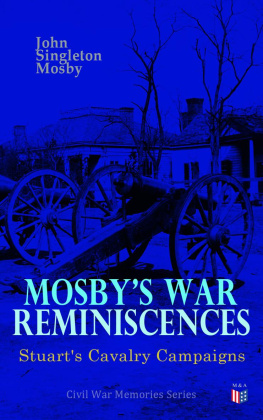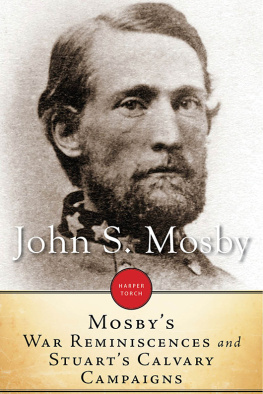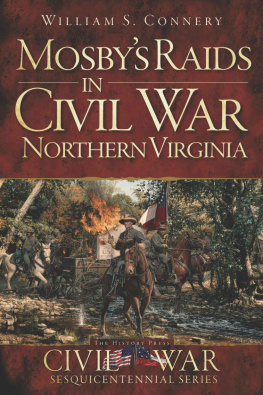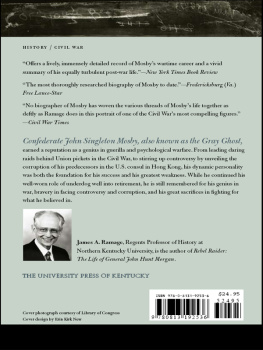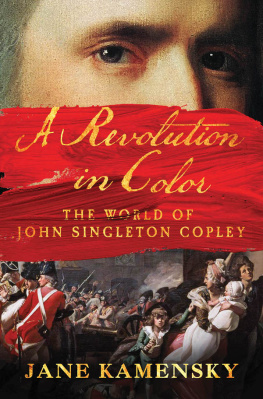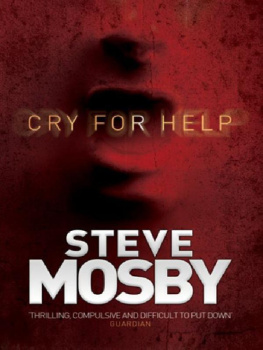CHAPTER I.
"Rebellion!
How many a spirit born to bless,
Hath sunk beneath that withering name,
Whom but a day'san hour'ssuccess
Had wafted to eternal fame."Tom Moore.
In April, 1861, I was attending court at Abingdon, Va., when I met a person who had just stepped out of the telegraph office, who informed me that tremendous tidings were passing over the wires. Going in, I inquired of the operator what it was, who told me that Lincoln had issued a proclamation calling out troops. Fort Sumter had fallen two days before. The public mind was already strained to a high pitch of excitement, and it required only a spark to produce an explosion. The indignation aroused by the President's proclamation spread like fire on a prairie, and the laws became silent in the midst of arms. People of every age, sex, and condition were borne away on the tide of excited feeling that swept over the land
The home of Gov. John B. Floyd, who had resigned as secretary of war under Buchanan, was at Abingdon. I went to his house and told him the news. He immediately issued a call to arms, which resounded like the roll of Ziska's drum among the mountains of southwestern Virginia. Many of the most influential families in that region were descendants of the men who had fought under Morgan and Campbell at Eutaw Springs and King's Mountain. Their military spirit was inflamed by stirring appeals to the memories of the deeds their sires had done. Women, too, came forward to inspire men with a spirit of heroic self-sacrifice, and a devotion that rivalled the maidens of Carthage and Saragossa.
All the pride and affection that Virginians had felt in the traditions of the government which their ancestors had made, and the great inheritance which they had bequeathed, were lost in the overpowering sentiment of sympathy with the people who were threatened with invasion. It is a mistake to suppose that the Virginia people went to war in obedience to any decree of their State, commanding them to go. On the contrary, the people were in a state of armed revolution before the State had acted in its corporate capacity. I went along with the flood like everybody else. A few individuals here and there attempted to breast the storm of passion, and appeared like Virgil's ship-wrecked mariners, "Rari nantes in surgite vasto." Their fate did not encourage others to follow their example, and all that they did was to serve "like ocean wrecks to illuminate the storm." In anticipation of these events, a cavalry company had for some months been in process of organization, which I had joined as a private. This companyknown as the Washington Mounted Rifleswas immediately called together by its commanding officer, Capt. William E. Jones. Capt. Jones was a graduate of West Point, and had resigned some years before from the United States army. He was a stern disciplinarian, and devoted to duty. Under a rugged manner and impracticable temper he had a heart that beat with warm impulses. To his inferiors in rank he was just and kind, but too much inclined to cross the wishes and criticise the orders of his superiors. He had been a classmate of Stonewall Jackson at the military academy, and related to me many anecdotes of Jackson's piety, as well as his eccentricities. He was a hard swearer; and a few days after the battle of Bull Run he told me that he was at Jackson's headquarters, and Jackson got very much provoked at something a soldier had done, when Jones said, "Jackson, let me cuss him for you." He fell in battle with Gen. Hunter, in the valley of Virginia, in June, 1864. We went into barracks at Abingdon, and began drilling.
No service I ever had to perform during the war went as much against the grain as standing guard the first night I was in camp. I had no friends in the cavalry company, so I applied to Gov. Litchen for a transfer to an infantry company that had been raised in that part of the county where I resided. But on the very day I made the application, a telegraphic order came for us to start for Richmond immediately, and I never heard anything more of it. My company marched on horseback all the way to Richmondabout five hundred mileswhile the infantry company went by rail. But how small is the control that mortals have over their own destinies. The company to which I unsuccessfully applied to be transferred became a part of the immortal division of Stonewall Jackson, in which I would have had only a slight chance of asserting my individuality, which would have been merged in the mass. I remember distinctly, now, how with a heart almost bursting with grief, in the midst of a rain, I bade my friends in the infantry company farewell just as they were about getting on the train. I had no dream then that I would ever be anything more than a private soldier. On the same day in rain and mud we started on the march to Richmond. A few days before a flag had been presented to our company by a young lady, with an address in which she reminded us that "the coward dies a thousand deathsthe brave man dies but one." I am sure there was not a man among us who did not feel the ambition of the youth in Longfellow's poem, bearing
Onward amid the ice and snow of Alpine heights
His banner with its strange device.
The march to Richmond under a soldier who had bivouacked on the plains was a course of beneficial discipline. The grief of parting from home and friends soon wore away, and we all were as gay as if we were going to a wedding or a picnic. Gloom was succeeded by mirth and songs of gladness, and if Abraham Lincoln could have been sung out of the South as James II. was out of England, our company would have done it and saved the country all the fighting. The favorite songs were generally those of sentiment and sadness, intermingled with an occasional comic melody. I remember this refrain of one that often resounded from the head to the rear of the column as we passed some farmer's house:
He who has good buttermilk a plenty, and gives the soldiers none,
He shan't have any of our buttermilk when his buttermilk is gone.
The buttermilk, as well as everything else that the farmer had that was good, was generally given to the soldiers. The country was brimful of patriotism.
The gayety with which men marched into the face of death is not so remarkable as the fortitude and cheerfulness of the wives and mothers who stayed at home and waited for the news of the battles. In nearly every home of the South could be found an example of that Spartan mother who sent her son to the wars with her last injunction to return with his shield or return upon it. This courage, exhibited in the beginning, survived to the last, through all the long agony and bloody sweat of the struggle. On reaching Richmond, after a few days' rest, we were ordered to the Shenandoah valley. A day or so before we started, Capt. Jones made a requisition on the quartermaster's department for clothing for his company. We were furnished with suits of a very rough quality of goods manufactured in the Virginia penitentiary. It almost produced a mutiny in the camp. The men piled the clothes up in front of the captain's tent. Only two refused to wear themPrivate Fountain Beattie and myself. I do not think any clothes I ever wore did me more service than these. When I became a commander I made Beattie a lieutenant. I think we were both as contented on the picket line, dressed in our penitentiary suits, as we ever were in the gay uniforms we afterwards wore. Our march from Richmond to the Shenandoah valley was an ovationour people had had no experiences of the misery and desolation that follow in the track of war; they were full of its romance, and expected us to win battles that would rival the glories of Wagram and Marengo. They never counted the cost of victory.


